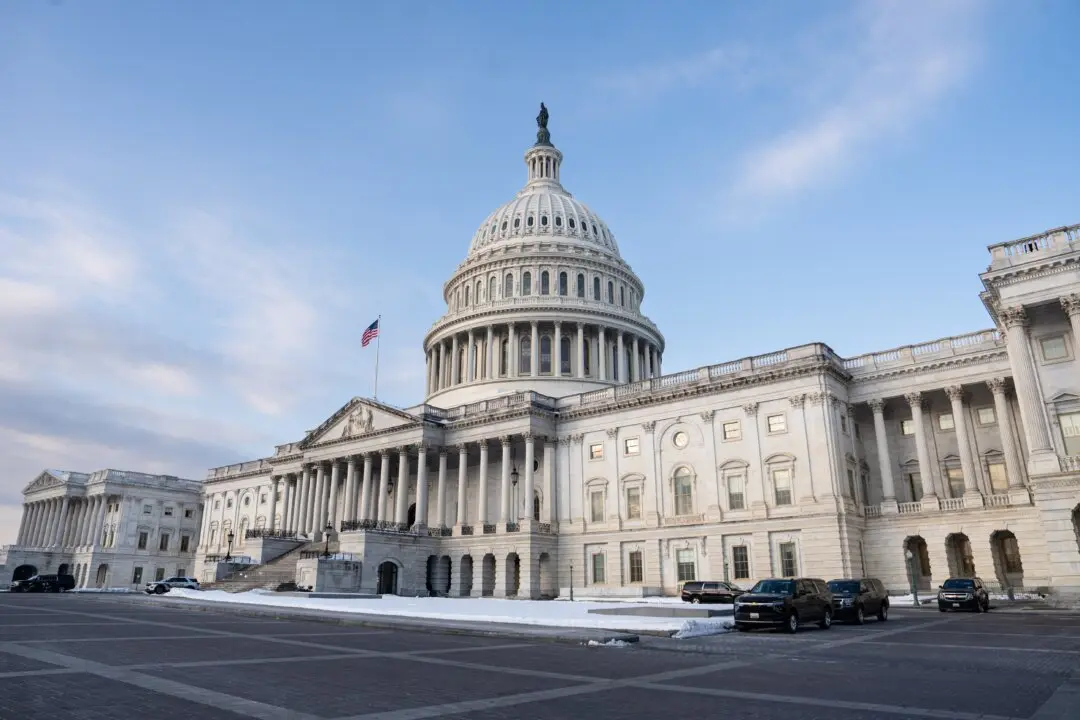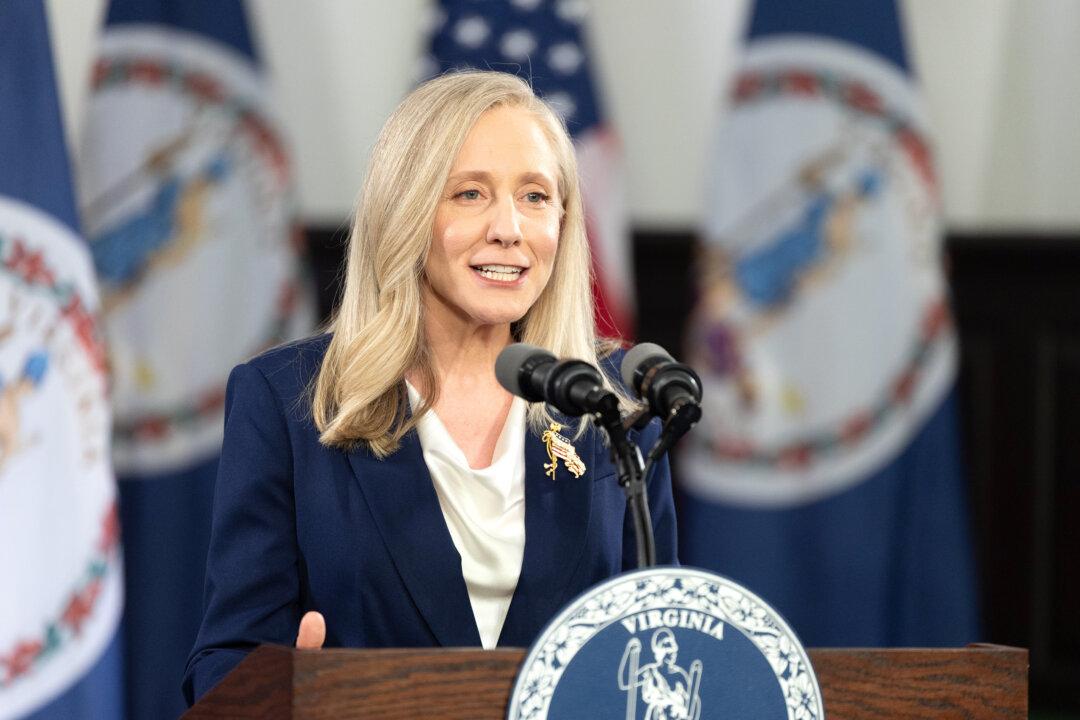The Senate on May 16 decided in a bipartisan vote to advance a $40 billion military aid package to Ukraine, invoking cloture on debate over the objections of Sen. Rand Paul (R-Ky.).
The 80–11 vote included the support of vast swaths of both parties; 11 Republicans voted against invoking cloture. The bill will now await a final vote in the Senate, which may come as early as May 18.





